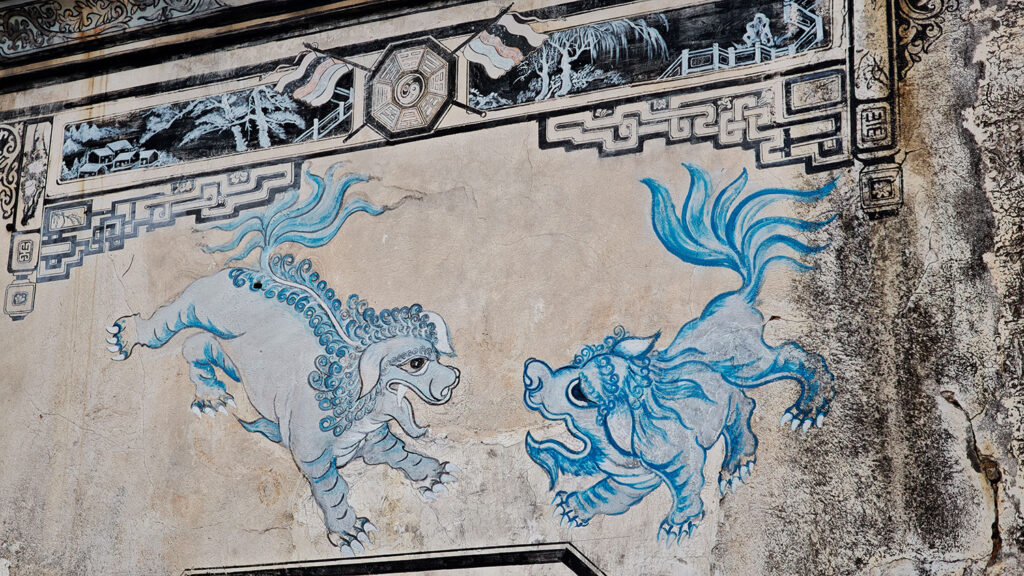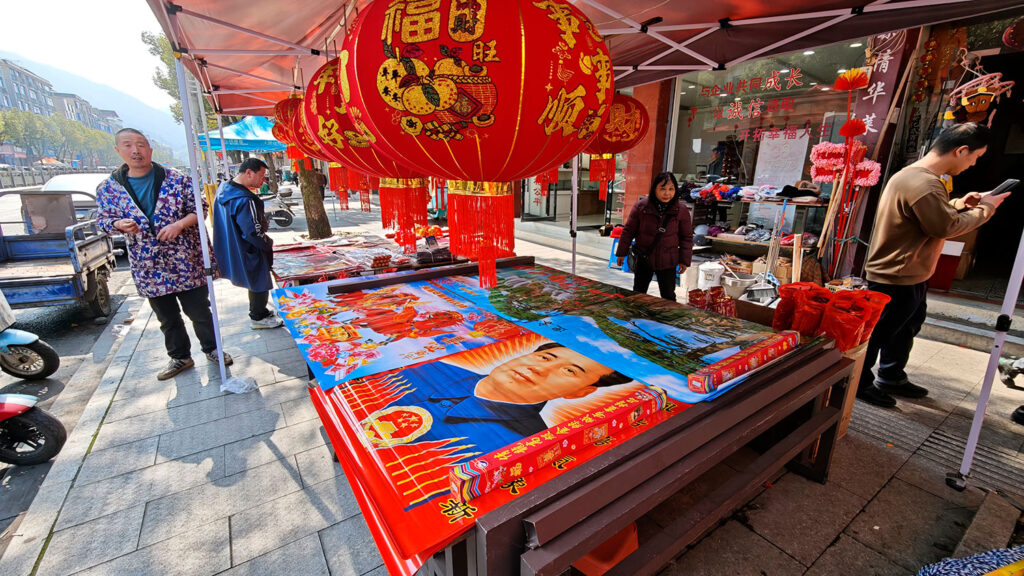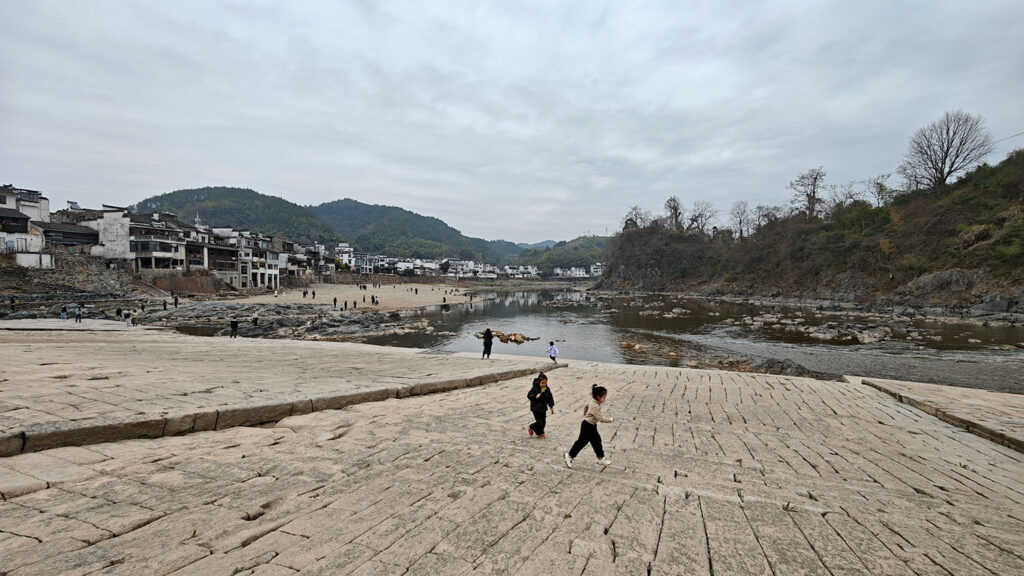‘Stateless in Shanghai’ is a very detailed description of a mundane life in extraordinary times. And I’m glad Liliane Willens doesn’t try to add any grandness to the story, as the situation doesn’t need it. Willens describes her growing up in Shanghai’s International Settlement in the 1930s & 40s, as a child in a wealthy caucasian family. While from Russian heritage and Jewish faith, she goes to French school, meets British and American people, and witnesses the invasion of Japanese soldiers, the liberation by the Allied troops, and later the coming of the Communists.
The book will satisfy those highly interested in Shanghai, and it’s a rare perspective of Communist-Shanghai, post-1949, as not many foreigners remained in Shanghai at that time, let alone those who wrote about it.
And yet I felt so much aversion while reading this. Partly this comes from the time: privileged colonialists living amid so much misery piled on Chinese shoulders. While the foreigners complain of having no hot bathwater, the Chinese are dying out of their suburb from cholera, hunger or cold. And my aversion comes partly from Willens herself, who is just an annoying person, spoiled to the bone. She acknowledges her privilege at times but fails to act on it. She still looks down on Chinese citizens, and certainly does not regard them as equals. Yes, she describes her growing up and the way she saw it — but 45 years after she had left China, she could have outgrown the modus operandi in which she grew up. Also, she spoke to hundreds of American and British soldiers, yet shares none of their stories as she remains so full of herself. While it’s more lively and personal than a history book, it all does make a sluggish 300-page read.
An extraordinary situation alone does not make a good story, and a good flow of words alone does not make a good writer.




